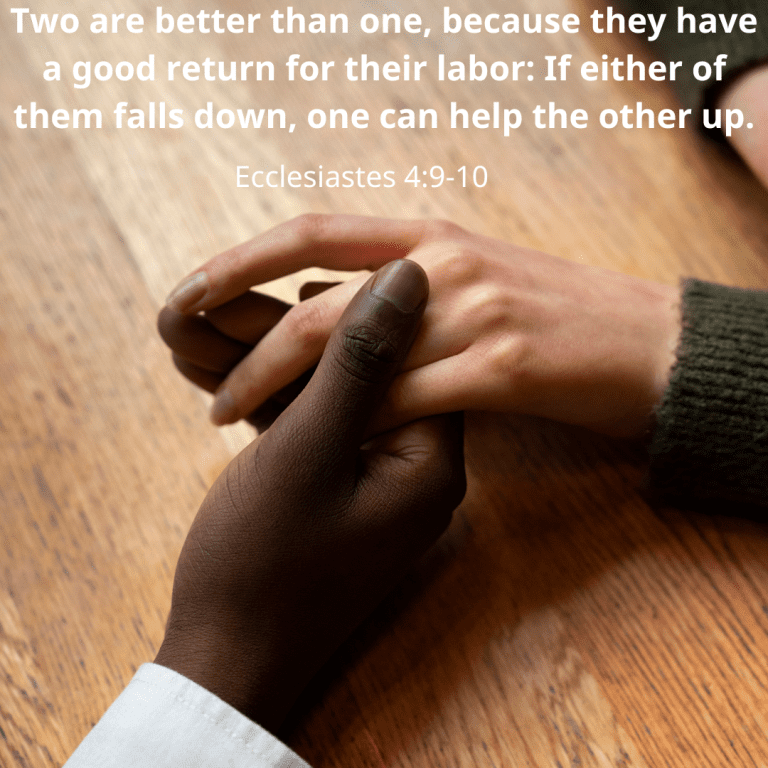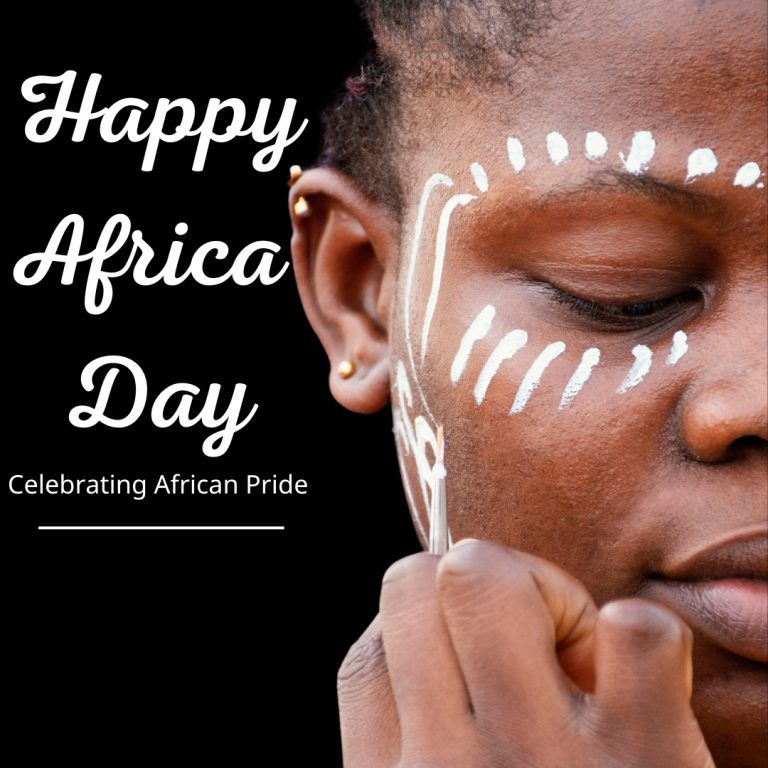1 'Dooko mago mandre ŋgakozi se cini kabe a'do 'bädri ono ya ono te. Rueza'bai kayi liyi, ago 'diaza i'do ànya i'dwene. Ànya eza'bai orivoya mbara be oko 'diaza i'dwo ànya i'dwene. 2 Musutavo avo se kodra be nja kai rote oko, kandrakado ànyaro a'dote ndrani 'dise ka gba dri ugu ori lidriidriro ono drisi. 3 Oko 'dise äti dri ko 'do ni kadopara ndra, tana ànya ndreyi ŋgakozi se abe oyena 'bädri ya ono driko.
4 'Dooko mandrete anjioko lidri ka losi oye mbarasi ago taunisi: tana ànya orivoya mawi be oriazii ànyaro yibe. Oko ono kpa orivoya taawi yi, orivoya oso abe oli onja ronye. 5 Ànya atayite ekye mano se epa drì ndaro gwo ago 'ba andivo ndaro gwo ruezane 'do orivoya amama yi. 6 A'done ŋga be toto fere, ago tausu liatokpe drî robe, orivoya ndrani losi oyene mbara cini si ago oli onjane drisi.
7 Mago mandre taawi 'bädri ya ono kpate. 8 Mano se 'diaza ako, ca ŋgwa kode ädrupi ako, tu cini si nda ka losi oye, caoko ŋgadriamba ndaro ojo nda kote. Ago nda eji kote kode nda ka losi oye a'di ri, ago laga andivo ndaro tezo ni riyä oyevoya niya? Ono kpa orivoya taawi yi ago losi tusuro yi.

9 'Di ritu orivoya kadopara ndrani 'di alo ri, tana ànya riti usunayi ŋga ndi ndra losi oye voalo ya si. 10 Tana ondro 'di alodi aza ko'dete vuru oko, 'di äziri aza unina ndi azi ndaro eŋgane kuru; oko wu mano se iṛe azi ako 'do ri se ondro ka'do nda ko'dete vuru oko 'diaza i'do nda eŋgane 'do. 11 Ondro lidri ritu ku'du te voalo ya ànya usuna voeme ndi oko inye'do 'diaza ka'dobe iṛe usuna voeme eŋwanyeya? 12 Ondro ka'do mano aza ka'dote iṛe 'di alodi aza se kabe ikyi nda gotane 'do opena nda ndi ṛe, oko 'di ritu unina ndi edrene nda mi. Iba se api mina be nätu 'do änina ko okyene ndriŋwa.
13 Agoanji se lemeri'ba ro tavouni be 'do orivoya kadopara ndrani 'bädri'ba se agoambago ro amama ro se le miomba ozo azi ro kote 'do ri, 14 nda kefo ca kamba yasi kode äti ca ati'ba ro unina kpa ndi a'done 'bädri'ba ro. 15 Mandre lidri se cini lidriidriro 'bädri ya ono te, ago mandre agoanji se aza ka oye ni vo 'bädri'ba ro urune ana kpate; 16 'bädri'ba aza kimiri lidri se äni ko otine kpeye 'do ca, ondro nda ka'dote i'do, 'diaza alona ni kote a'done riyäsi tase nda koyebe ana tana ro. Endaro ono kpa orivoya taawi yi oso abe ugu oli onja ronye.
1 Then I looked again at all the injustice that goes on in this world. The oppressed were crying, and no one would help them. No one would help them, because their oppressors had power on their side. 2 I envy those who are dead and gone; they are better off than those who are still alive. 3 But better off than either are those who have never been born, who have never seen the injustice that goes on in this world.
4 I have also learned why people work so hard to succeed: it is because they envy the things their neighbors have. But it is useless. It is like chasing the wind. 5 They say that we would be fools to fold our hands and let ourselves starve to death. 6 Maybe so, but it is better to have only a little, with peace of mind, than be busy all the time with both hands, trying to catch the wind.
7 I have noticed something else in life that is useless. 8 Here is someone who lives alone. He has no son, no brother, yet he is always working, never satisfied with the wealth he has. For whom is he working so hard and denying himself any pleasure? This is useless, too—and a miserable way to live.
9 Two are better off than one, because together they can work more effectively. 10 If one of them falls down, the other can help him up. But if someone is alone and falls, it's just too bad, because there is no one to help him. 11 If it is cold, two can sleep together and stay warm, but how can you keep warm by yourself? 12 Two people can resist an attack that would defeat one person alone. A rope made of three cords is hard to break.
13-14 Someone may rise from poverty to become king of his country, or go from prison to the throne, but if in his old age he is too foolish to take advice, he is not as well off as a young man who is poor but intelligent. 15 I thought about all the people who live in this world, and I realized that somewhere among them there is a young man who will take the king's place. 16 There may be no limit to the number of people a king rules; when he is gone, no one will be grateful for what he has done. It is useless. It is like chasing the wind.


